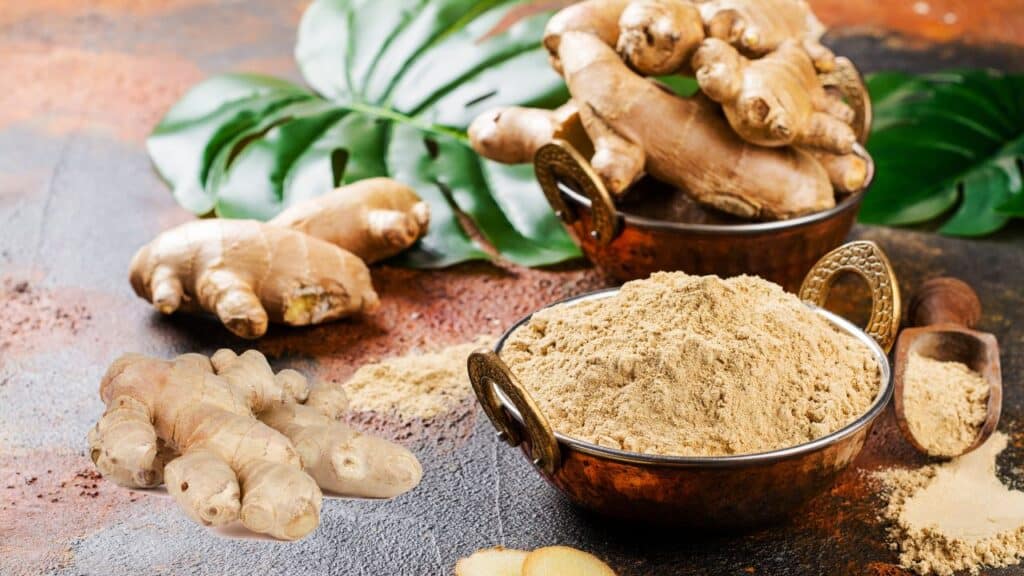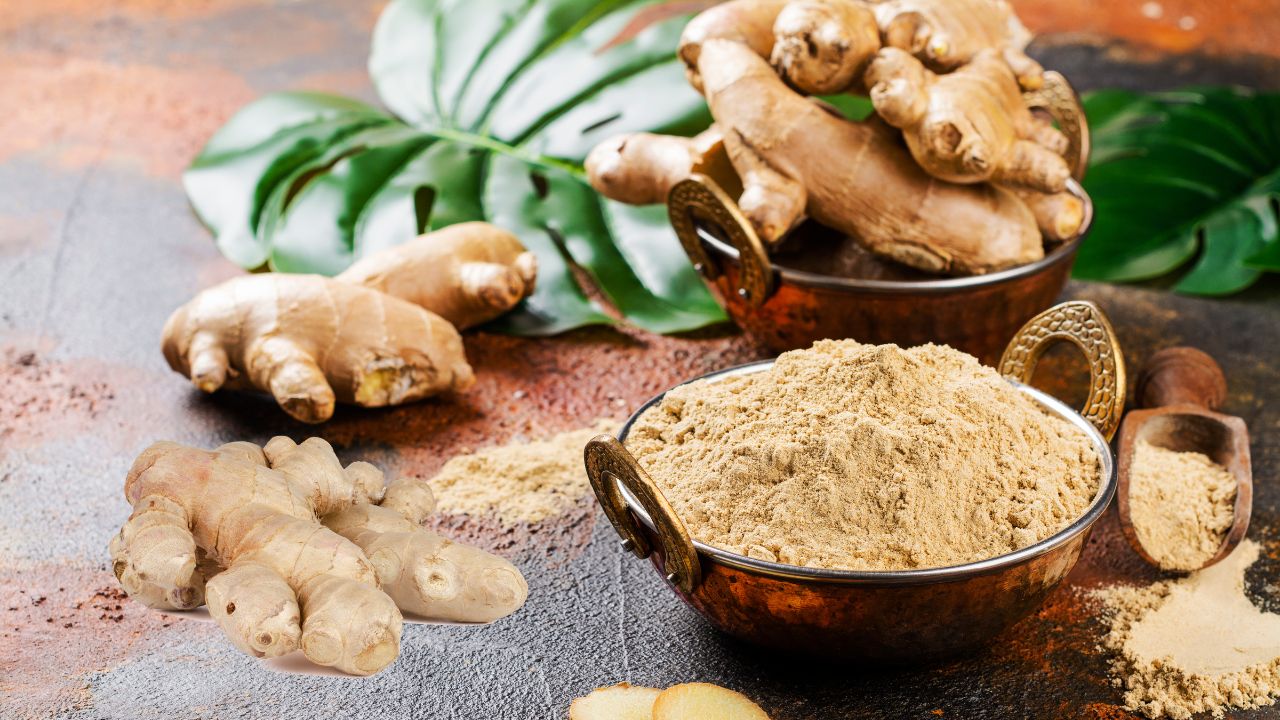
Ginger, renowned for its culinary versatility and medicinal benefits, is not only a kitchen staple but also a key component in traditional medicine practices worldwide for over 3,000 years. This pungent spice is celebrated for its potential to alleviate headaches, nausea, and cold symptoms, as well as its antioxidant and anti-inflammatory properties. Recent studies also suggest ginger might help manage cholesterol, blood pressure, and blood sugar levels, which could benefit heart health.
However, its potent properties mean that ginger can interact with certain medications, posing risks that are important to understand. We consulted a pharmacist and two registered dietitians to unpack how ginger might affect the efficacy and safety of specific medications.
Medications That Could Interact with Ginger
- Blood Thinners Ginger contains active compounds like gingerols and shogaol, which can thin the blood by interfering with thromboxane, a clotting agent produced by platelets. This interaction can enhance the effects of blood thinners such as warfarin, aspirin, and clopidogrel, increasing the risk of bleeding. Those on such medications should consult their healthcare provider before increasing their ginger intake.
- Diabetes Medications Beneficial for its blood sugar-regulating abilities, ginger can, however, cause complications when combined with diabetes medications like metformin or insulin. It might enhance their effects, potentially leading to hypoglycemia. Monitoring and professional guidance are crucial when adding ginger to a diabetes management plan.
- Antiarrhythmic Medications Ginger might affect medications for arrhythmias such as amiodarone by blocking calcium channels in heart cells, which could lower blood pressure unexpectedly.
- Blood Pressure Medications By potentially interfering with angiotensin, a hormone that regulates blood pressure, ginger can amplify the effects of medications designed to lower blood pressure, possibly resulting in levels that are too low.
How Ginger Affects Medication Absorption
Ginger may not only interact with medications but also enhance their effects, leading to potential side effects like sweating, shaking, or dizziness. If such symptoms occur, seeking medical advice promptly is advised.
Safe Consumption Levels
According to Michele Routhenstein, M.S., RD, CDCES, consuming up to 4 grams of ginger daily—about 2 teaspoons of powdered or 4 teaspoons of grated raw ginger—is generally safe for most people and unlikely to cause significant interactions with medications. However, large amounts can irritate the digestive system, leading to discomfort.
Who Should Avoid Ginger Supplements?
- Individuals with Allergies or Sensitivities: Those allergic to ginger or with digestive issues should steer clear of supplements.
- Those with Bleeding Disorders: Given ginger’s blood-thinning properties, it’s crucial to consult a healthcare provider before using ginger supplements.
- Pre-Surgical Patients: It’s typically recommended to stop taking ginger supplements a few weeks before surgery to avoid interactions with anesthesia.
- Children: Due to limited research on safety and effectiveness, ginger supplements are not recommended for children unless prescribed by a healthcare provider.
While cooking with ginger is safe for most people and can enhance the flavor of dishes, its impact on certain medications should not be overlooked. Before incorporating ginger supplements into your routine or significantly increasing dietary ginger, discussing potential interactions with your healthcare provider is essential. Additionally, consulting a registered dietitian can help integrate ginger safely into your diet.


